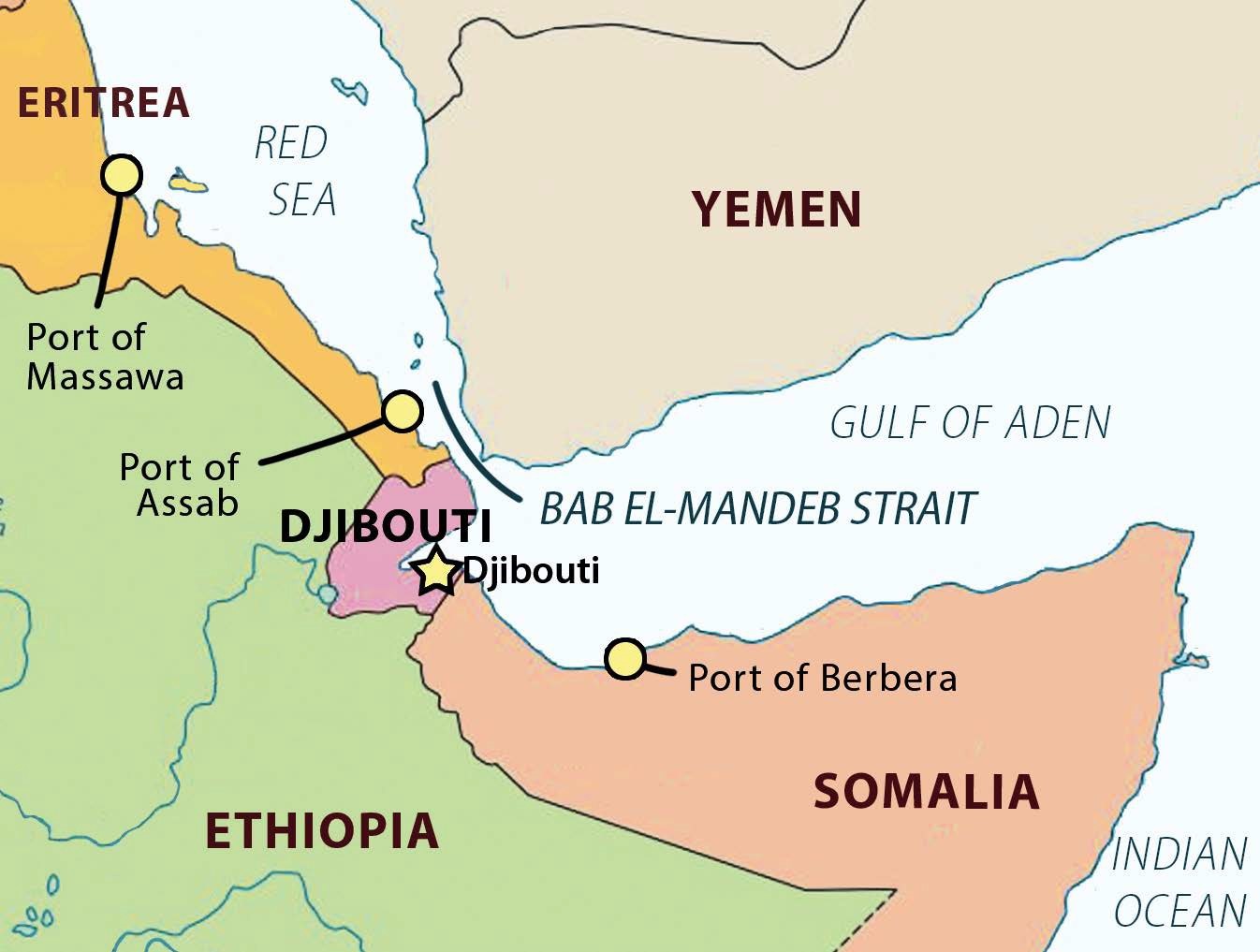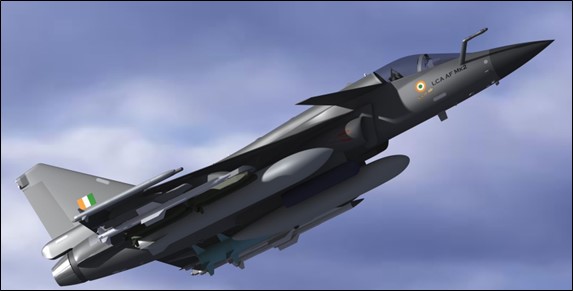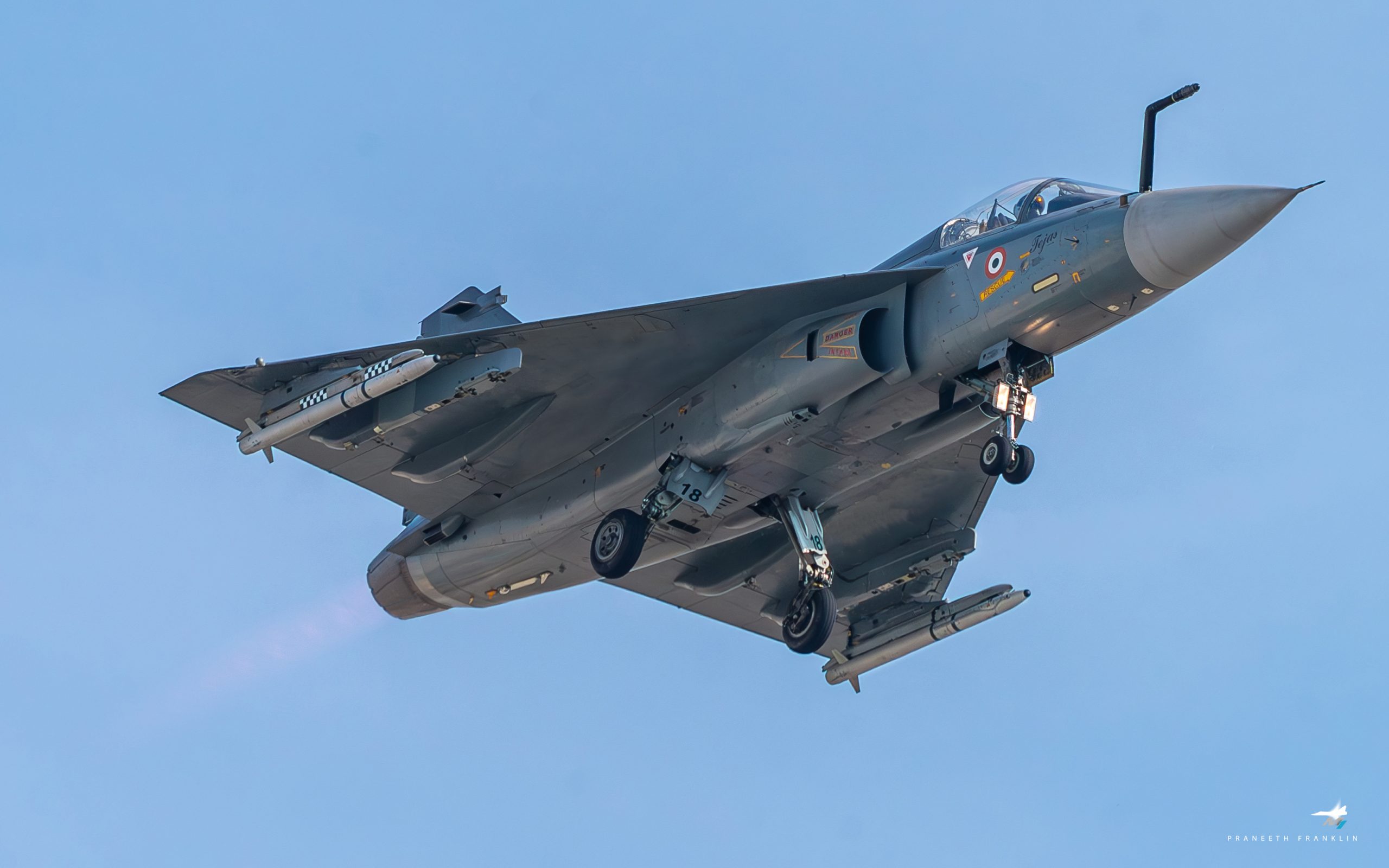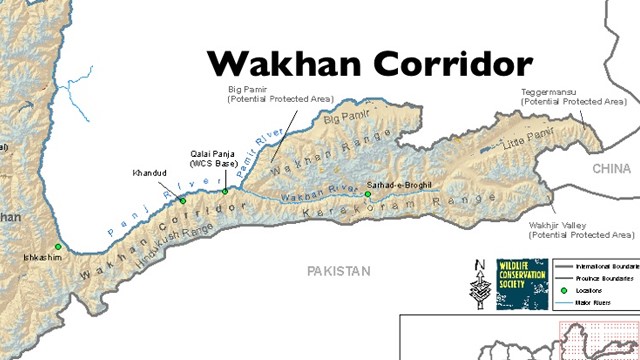
MANY SUITORS FOR STRATEGICALLY IMPORTANT DJIBOUTI

Djibouti is a small country in the Horn of Africa located on the southwest shores of the Gulf of Aden. It is adjacent to the narrow Bab el-Mandeb Strait (a mere 18 miles wide at its narrowest point) the gateway to the Red Sea and the Suez Canal. Djibouti is sparsely populated with a rocky landscape and harsh climate. It has minimal natural resources, limited arable soil or vegetation, and temperatures that reach 50 degrees plus. Djibouti is governed by a neo-patrimonial system of government. A neo-patrimonial system is a form of governance in which all power flows directly from the leader. The Government of Djibouti controls all aspects of Djiboutian infrastructure and state apparatus. Government offices are determined by lineage, ethnicity, and power balances.
Djibouti is located in a difficult neighbourhood. Its neighbours Eritrea, Ethiopia, and Somalia have undergone disabling political unrest throughout the last 20 years. Eritrea is under financial sanctions and likened to an “African North Korea.” Somaliland, while stable, is still not recognized by the United Nations (UN) or the African Union as a separate country from Somalia, leaving it painted as a war-torn, terrorist-ridden fragile state. Yemen has been in the middle of a civil war since 2015.
Djibouti has development challenges, including high rates of severe malnutrition and poor health infrastructure. But its rank of 166th on the 2022 United Nations Human Development Index report places Djibouti ahead of all its neighbours. Djibouti remains an anchor of stability in a volatile region.
Strategic Location
Djibouti’s biggest advantage is its geostrategic location near the Bab el-Mandeb strait. Positioned between the Arabian Peninsula and the Horn of Africa, the strait is the major feature that sets Djibouti apart from other African countries. Bab el-Mandeb connects the Red Sea and the Gulf of Aden and links the Indian Ocean and the Mediterranean, making it the main maritime passage and trading route between the East and West halves of the globe. Djibouti provides critical logistics access to the Bab el-Mandeb Strait, the Gulf of Aden, and other key locations in the region. Ships transiting between the Suez Canal and the Indian Ocean pass through the strait, making this waterway a key choke point. Approximately 30 per cent of the world’s trade moves through this critical waterway. Closure of the strait results in an increase in travel time by 11 to almost 26 days, with an attendant, increased transit costs.
Port of Djibouti
Work on the port started in 1897 and the port infrastructure and operating capacity grew rapidly over the years. The country’s international trade is centred on its ports and the Free Trade Zone, accounting for 80–90 per cent of its economy. Djibouti’s ambitions have continued to grow, and in 2020, the country has implemented the Port-Park-City model. This model includes: –
• Full integration of the country’s ports that transport goods.
• Industrial parks (international free trade zone that brings value to these goods).
• Services that facilitate the financial transactions of those goods.
Foreign Military Bases
Djibouti faced bankruptcy in 1999, and its political leader capitalised on the country’s strategic location by offering land for rent to foreign militaries. Following the terror attacks on September 11, 2001, the United States needed a location near the Middle East to combat terrorism and assist operations in Afghanistan and the Middle East, and it was willing to pay. After this, other countries also saw Djibouti’s value and formally established bases (or a military presence). There are seven foreign military bases and the revenue from foreign military bases is estimated to be approx. $130 million. Each country has a slightly different mission depending on its requirements.
• Germany, Spain, and Japan for patrol against piracy.
• France, which hosts German and Spanish units on its base, provides air protection.
• Italy uses its Djibouti base to support the development of Djiboutian and Somali police for regional security efforts.
• The United States uses it to focus on counterterrorism and occasional counter-piracy activities.
US Camp
Camp Lemonnier was originally a French Foreign Legion camp that was handed over to the Djiboutian military after independence. It is on the south side of the Djibouti-Ambouli International Airport runway. It was leased by the United States in the year 2001 and is one of the largest bases in the Horn of Africa. Camp Lemonnier is a hub for counterterrorism, contingency, and antipiracy operations, and is a resupply location for US troops in Africa. The base also serves as a host and launch pad for joint exercises. The United States provided over $14 million in aid to Djibouti in FY2021, and the $16 million requested in FY2023 included $9 million in developmental aid and $6 million in military aid in addition to funding allocated specifically for security assistance.
Chinese Base
For Beijing, Djibouti has a pivotal role in its Belt and Road Initiative (BRI) and the China-Pakistan Economic Corridor. A year after the United States signed its long-term lease agreement in 2014, China requested land to build a new military base as part of its systematic, pan-African approach to security on the continent. Djibouti subsequently agreed, and on August 1, 2017, China inaugurated its first base in Africa, located about 8 miles from the US base. The base supports peacekeepers, maritime security, and humanitarian missions and maintains several piers for visiting military vessels. The largest pier is 1,120 feet long, big enough to accommodate a Chinese aircraft carrier, assault carriers, and nuclear submarines.
Conflict of Interest (USA and China)
Djibouti is the only location where the USA and Chinese militaries are based within just a few miles of each other. In the years since China opened its base, the continued proximity of their troops combined with China’s economic ties to Djibouti is a cause of dismay for US policymakers. While the Chinese military base is seen as a potential threat to US interests, the greater risk is China’s potential economic stranglehold on Djibouti’s economy and, therefore, its political system. Djibouti’s increasing reliance on China for financing infrastructure projects, including the Doraleh Multipurpose Port, has left the small country heavily indebted to its Asian partner. US policymakers fear Djibouti’s increasing debt to China may also cause it to become trapped in China’s “debt-trap” diplomacy. In that case, Djibouti’s infrastructure, particularly its ports, could be handed over to the Chinese if the country cannot repay its loans. Parallels have been drawn between the Chinese-funded modernisation of ports in Djibouti and Sri Lanka. Djibouti is becoming less dependent on the US alone. As a result, the US freedom of manoeuvre within the country is shrinking as more militaries compete for training areas, runways, air space, and other infrastructure.
Landing Point for Under Sea Cables
Approximately, 90% of internet data around the world is carried by the global network of underwater cables. These cables require a “landing point”, which powers the cables and also provides interconnection for domestic and international users. Djibouti has become a major African player in the business of undersea cables.
Indian Interests
Relevant aspects related to Indian interests are as follows: –
• Indian Diaspora in Djibouti is relatively small with about 800 persons. Most of the community members are engaged in blue-collar jobs, working in companies engaged in port and shipping activities and Free Trade zones. The Djiboutian government appreciates the contribution of the Indian community towards Djibouti’s economic development and promotion of bilateral relations.
• Another area of interest is the proposed intercontinental fibre-optic communications cable system named after Sir Chandrasekhar Venkat Raman, the world-famous Indian physicist who won the 1930 Nobel Prize in Physics. The Raman cable is expected to be operational by 2024 and will have a landing in Djibouti. It will connect India to Oman, Djibouti, Saudi Arabia and Jordan. Further, it will hook up with a blue cable system connecting India to France to India via Italy, Greece, and Israel. The safety and security of the huge amount of India’s international data traffic through these cables would be the cause of concern.
• Indian Navy units are regularly deployed in strategic waters in Djibouti, Gulf of Aden, East Coast of Somalia as well as in the North and Central Arabian Sea for protection of merchant vessels in view of the regional maritime security situation.
Indian Concern
China has kept an eye on the region for some time and is interested in securing a long-term grip on the continent and Djibouti is at the core of such a strategy. Chinese economic engagement and infrastructure development projects with Djibouti are making it more and more reliant on China. China’s military base in Djibouti gives it a big strategic advantage. According to a recent report from the US Department of Defence, China may be getting ready to deploy aircraft, carriers and submarines at its base in Djibouti. This is a cause of concern for India.
The almost perfect location of Djibouti on the Bab el-Mandeb Strait, alongside the country’s current political stability in a historically volatile region, is a strong combination that continues to maintain the importance of Djibouti in the region. Djibouti has used its geostrategic location to its advantage by leasing its infrastructure and land for foreign military bases. The presence of a Chinese military base creates a cause of concern. India and Djibouti have long-standing excellent bilateral relations and have a scope for deepening economic, commercial, technical, educational, scientific and cultural cooperation between the two countries. Both countries need to work jointly on regional and international issues of mutual concern.
References:-
1. John Dobson, “Carriers or cables, why Djibouti is important to India”, The Sunday Guardian, 05 Feb 23.
2. Anita Iyer Singh, “India slow to gauge Djibouti’s strategic value”, The Tribune, 24 Mar 2024.
3. “India Slow To Gauge Djibouti’s Strategic Value”, Indian Defence News, 29 Dec 2022.
4. Dr Afroz Ahmad, “India-Djibouti Relations: A Beginning of new Era”, International affairs and global strategy, 17 Jul 2023.
5. The Indian Express, “Indian Navy units being deployed in Djibouti, Gulf of Aden, East Coast of Somalia: Govt”, 02 Feb 2024.
Disclaimer
The opinions expressed in this article are the author’s own and do not reflect the views of Chanakya Forum. All information provided in this article including timeliness, completeness, accuracy, suitability or validity of information referenced therein, is the sole responsibility of the author. www.chanakyaforum.com does not assume any responsibility for the same.
Chanakya Forum is now on . Click here to join our channel (@ChanakyaForum) and stay updated with the latest headlines and articles.
Important
We work round the clock to bring you the finest articles and updates from around the world. There is a team that works tirelessly to ensure that you have a seamless reading experience. But all this costs money. Please support us so that we keep doing what we do best. Happy Reading
Support Us















POST COMMENTS (0)